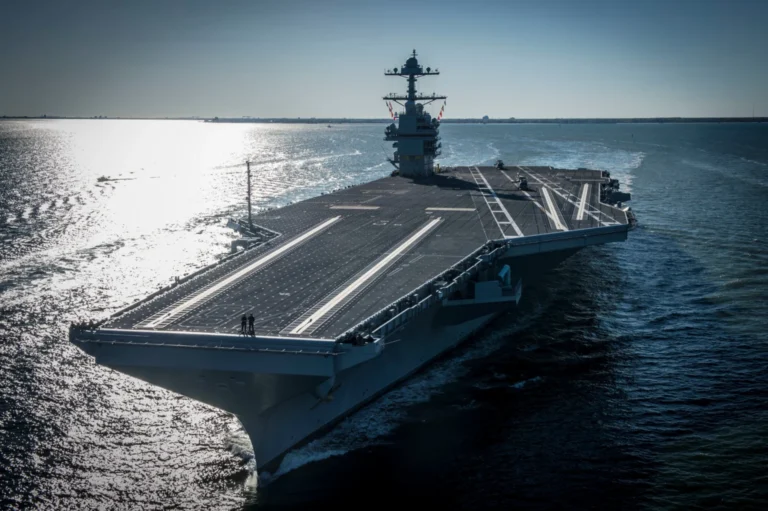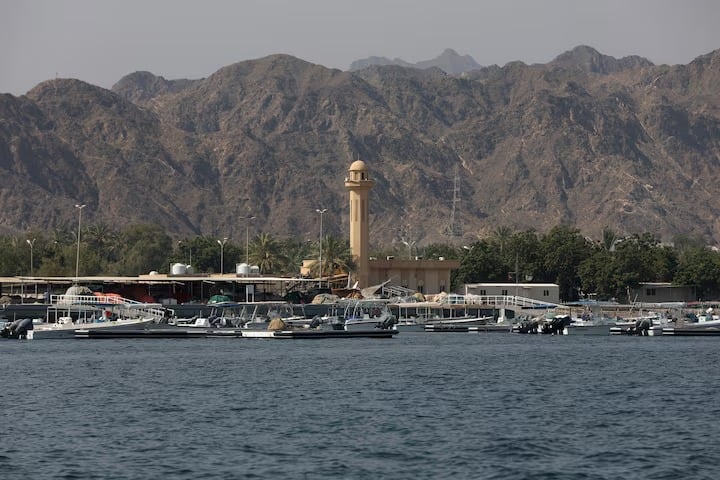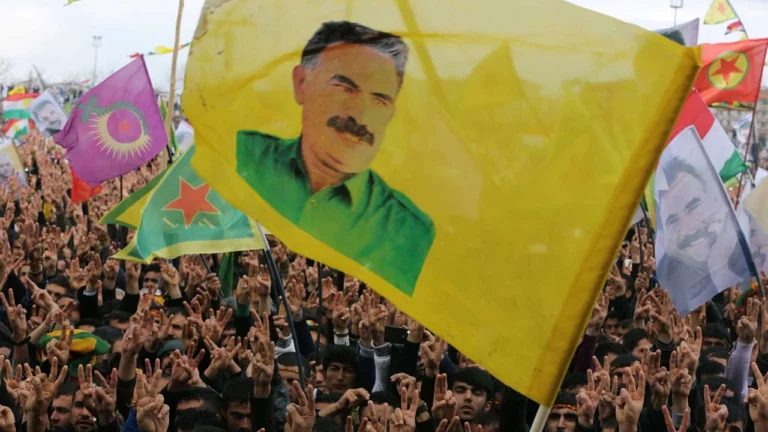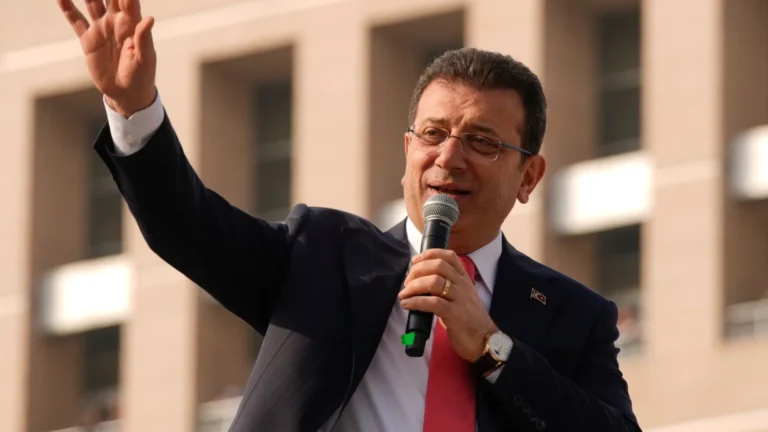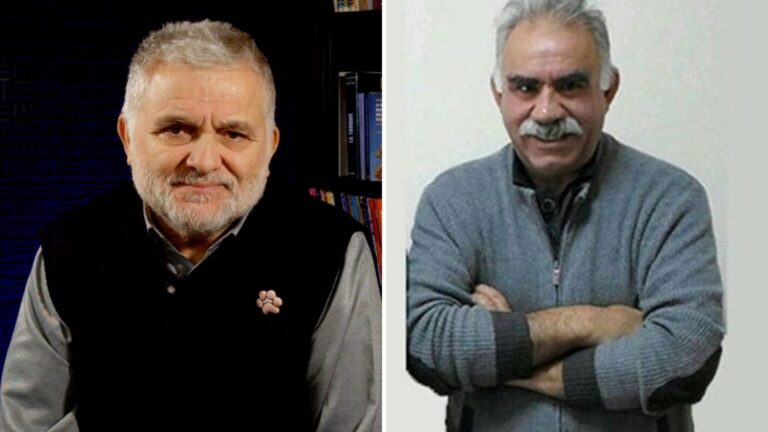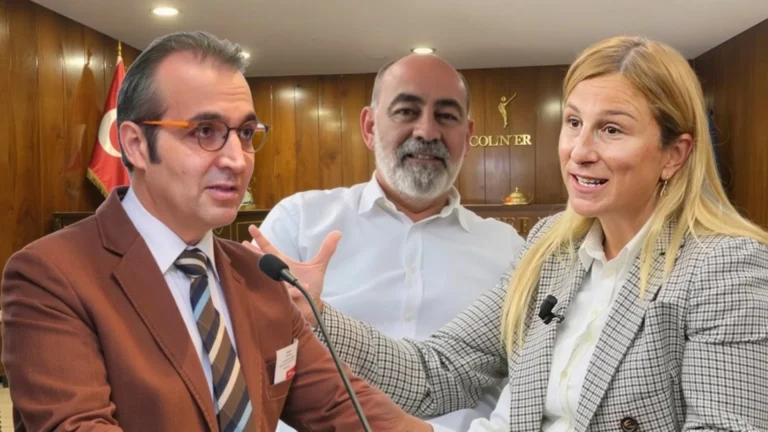Following Friday’s (August 29) announcement that Turkey has closed its airspace and ports to Israel, President Recep Tayyip Erdoğan reiterated that “Pakistan and Turkey will continue to cooperate against Israel’s genocidal policy” during a meeting with Pakistani Prime Minister Shehbaz Sharif. The latest escalation stems from Israeli Prime Minister Benjamin Netanyahu’s comments on what Turkey refers to as “the events of 1915,” recognized by Israel and other countries as the Armenian Genocide.
 |
| Turkey-Israel rift grows as Ankara and Islamabad vow cooperation Turkey-Israel rift grows as Ankara and Islamabad vow cooperation |
Erdoğan, attending the 25th Shanghai Cooperation Organisation Summit in China, met Sharif to discuss bilateral ties and regional issues. Erdoğan said Turkey and Pakistan aimed to deepen cooperation across trade, energy, defence, and security sectors. He also welcomed the growing relationship between Pakistan and the Turkish Republic of Northern Cyprus, describing Islamabad’s solidarity as “appreciated.” Turning to Gaza, Erdoğan accused Israel of seeking to expand its “policy of genocide” and said Turkey and Pakistan stood together in opposition, pledging continued coordination.

Turkey closes airspace to Israel
On Friday, Foreign Minister Hakan Fidan announced that Turkey would close its airspace to Israeli government and military-related cargo flights and bar Israeli ships from Turkish ports. Civilian flights remain unaffected. The measure is aimed primarily at preventing the transit of arms and military equipment to Israel. In response, Israeli National Security Minister Itamar Ben-Gvir posted a photograph of Erdoğan alongside the late Ismail Haniyeh, former leader of Hamas, with the caption “Turkey = Hamas.”
Turkey = Hamas pic.twitter.com/qfLsjh3k8m
— איתמר בן גביר (@itamarbengvir) August 29, 2025
The move builds on Turkey’s May 2024 decision to suspend all direct trade with Israel, which had previously reached around $7 billion annually. Ankara cited the need for a permanent ceasefire and humanitarian relief in Gaza. Turkish exports to Palestinian territories have reportedly increased, though some goods may still reach Israel via third countries.
Turkey has also urged Islamic nations to work toward suspending Israel from participating in the United Nations General Assembly. Speaking at an Organisation of Islamic Cooperation (OIC) meeting, Fidan said Israel’s actions in Gaza, which Ankara describes as genocidal, justified such a measure, calling for collective action by member states.
The escalation follows Netanyahu’s appearance on the PBD podcast—a show hosted by Patrick Bet-David covering politics and current events—where he described the events of 1915 in terms disputed by Turkey. Ankara condemned the remarks as politically motivated and inconsistent with historical and legal perspectives. Turkey denies that the events constitute genocide, describing them as a tragic consequence of World War I and disputing the characterization used by other countries, including Israel.
Turkey has called on the international community to pressure Israel and halt support for what it describes as genocidal actions in Gaza, framing its measures as part of a broader commitment to regional stability and humanitarian principles.

Deteriorating ties between the two states
Turkey and Israel have long had a turbulent relationship. Established in 1949, Turkey became the first Muslim-majority country to recognize Israel, but relations have been repeatedly strained, most notably in 2010 when Israel’s interception of a Turkish-led Gaza aid flotilla killed nine Turkish nationals, prompting Ankara to downgrade diplomatic ties. Relations improved after 2016 with the exchange of ambassadors, and by 2022, rapprochement appeared to solidify with Israeli President Isaac Herzog’s state visit. However, the thaw proved fragile as renewed hostilities in Gaza and contentious statements by Israeli leaders reignited tensions.
The fall of Syrian President Bashar al-Assad in late 2024 further complicated regional dynamics. Turkey, navigating a power vacuum, faced a more complex geopolitical environment, while Israel conducted operations against Iranian-backed forces, heightening bilateral friction.
Amid these rising tensions, Israel has reassessed its defense strategy. The Nagel Committee recommended shifting the military’s focus toward offensive capabilities, proposing a 70/30 split between attack and defense to enhance proactive deterrence. It also urged greater self-sufficiency in weapons production, reducing reliance on foreign suppliers. In parallel, Israel has invested in upgrading its F-16 fleet and enhancing overall military readiness, reflecting a broader strategy to prepare for potential regional conflicts, including threats from Hezbollah, Iran, and the deteriorating relationship with Turkey.






